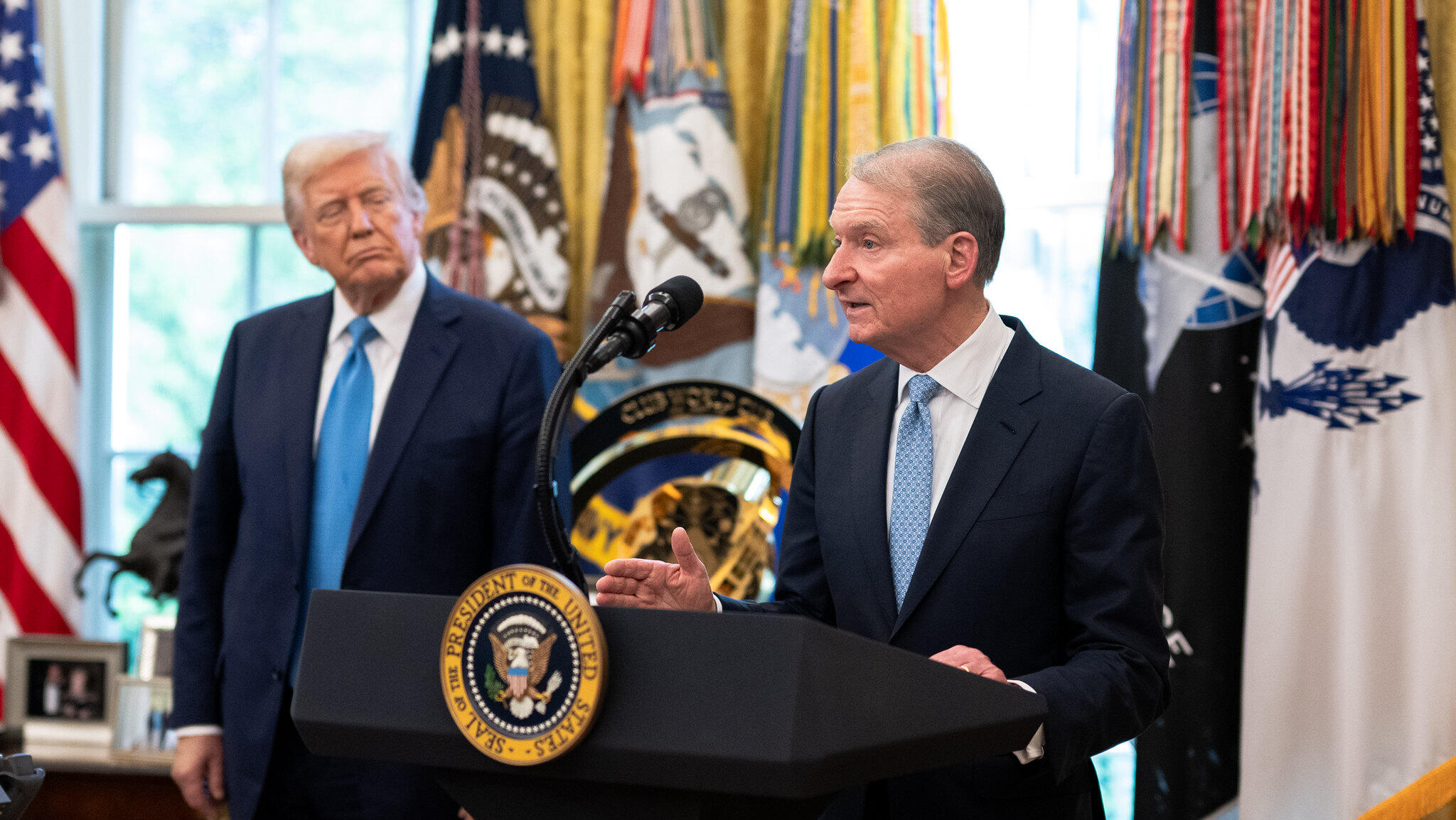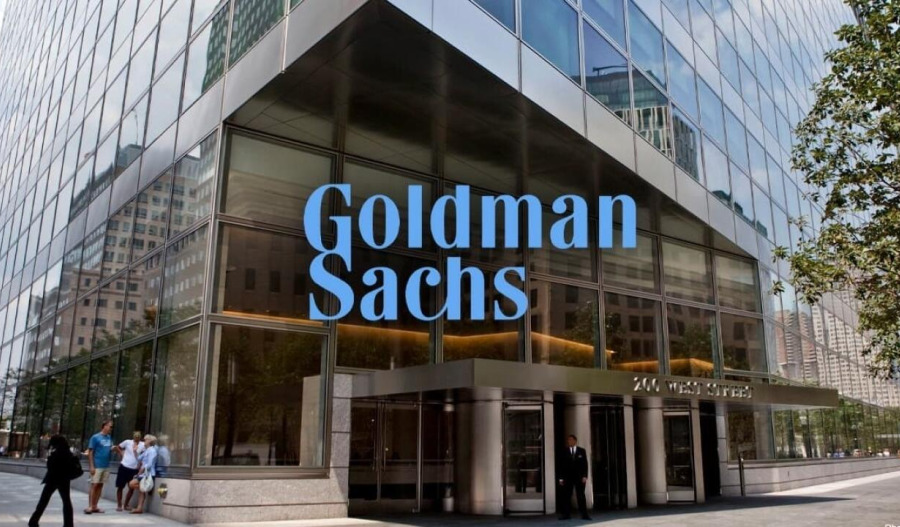United States Securities and Exchange Commission Chairman Paul Atkins said he does not consider private credit a systemic risk, signalling a continued willingness by regulators to support activity in the rapidly growing market.
“I view the private markets as very important,” Atkins told a Managed Funds Association conference in New York, underscoring the SEC’s stance that private capital remains a key component of the financial system.
Private credit has surged in size since the 2008 financial crisis, partly due to stricter lending rules imposed on traditional banks.
The US$1.7 trillion (A$2.58 trillion) market has drawn scrutiny from policymakers and regulators concerned about opaque valuation practices and potential leverage risks.
The Government Accountability Office is currently examining the sector’s risks and its broader economic impact, with the SEC contributing to the study.
“This administration’s view — from all of us in the financial services regulatory sphere — we don’t view the private markets as being systemically important,” Atkins said on Tuesday, while acknowledging there are “blips here and there”.
Private credit investment has traditionally been limited to institutional players and wealthy investors, but the Trump administration has pushed to broaden access.
An executive order signed in August allows 401(k) retirement plans to invest more easily in alternative assets, including private credit.
Atkins, who became SEC chair in April, has described his tenure as “a new day at the SEC”. He has pledged to expand access to digital assets and accelerate a proposal allowing public companies to report earnings twice a year instead of quarterly.
Since taking office, Atkins has reversed over a dozen regulatory measures from the Biden era and postponed a key rule requiring hedge funds to disclose their positions during periods of market stress.



